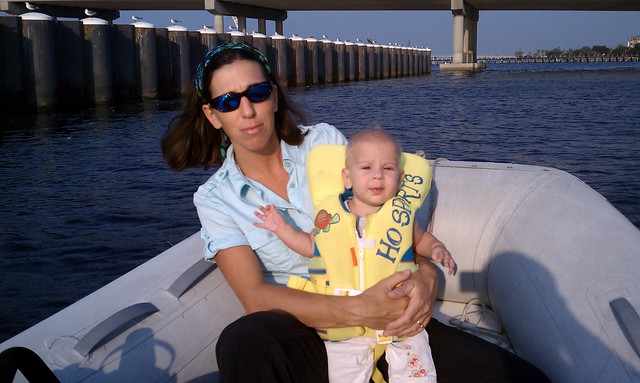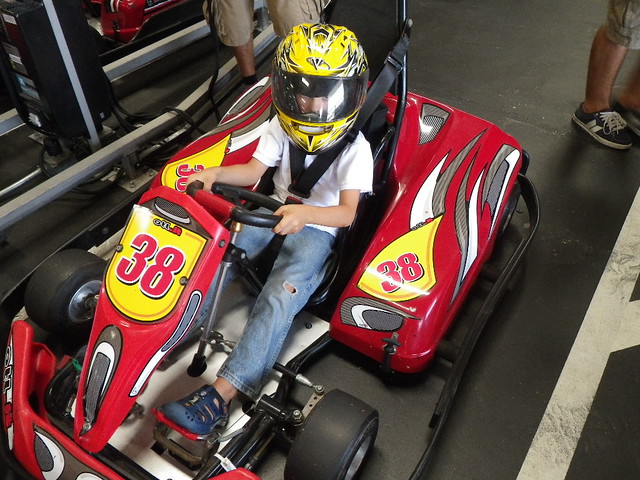One of the challenges facing cruisers in exotic locations is finding fresh (and familiar) ingredients. In the Bahamas, for example, I often had a hard time locating things as simple as butter, eggs, and milk. If we showed up at an island grocery a day or two after the mail boat had come in, the fresh supplies were gone and we had to do with whatever was left. I learned how to get creative with what we carry in our canned and dry goods locker—dried milk, canned fruit, coconut oil, and whole grains replaced store-bought staples. If there were no eggs and milk, it meant biscuits for Sunday morning breakfast instead of pancakes.
But what about special treats? Specialty items like chocolate chips don’t do well in hot environments, and since I don’t make things from boxes and bags, “cake mix” isn’t in my vocabulary (and even if it were, it often requires eggs). If we’re low on fresh supplies, making something like a birthday cake would be difficult if not impossible. My favorite cake recipe calls for a cup of butter, buttermilk and three eggs—that’s pretty steep if you’re far from civilization!
Today, we discovered the solution in a cookbook I’ve had on the shelf forever. The Gold Medal Flour Alphabakery Children’s Cookbook (©1997 General Mills) is a fun cookbook that I have used with all my children—it goes through the alphabet A-Z with easy and tasty treats. They love to pull it out for their “special night” baking projects and we work together to make something good for everyone to share. (Each kid gets a special night once a month when they get to choose recipes for dinner and dessert and help cook, then choose an activity to do with Mom and Dad after everyone else has gone to bed—it’s a way to work in one-on-one time in a big family.)
For her special dessert, Sarah picked a chocolate cake that, amazingly, left out milk, butter, and eggs, substituting instead vegetable oil (I use coconut oil), water, vinegar and baking soda. The results were surprising: a moist and chocolaty treat with no hint that the recipe looked more like salad dressing than cake. All the ingredients are easy to store and always on hand. This recipe success means I can whip up a from-scratch cake, anywhere, anytime and miles and miles from a grocery store. Below is the recipe if you’d like to give it a whirl.
Xx is for “X-tra Special” Celebration Cake
3 cups all-purpose flour
2 cups sugar
1/2 cup cocoa powder
2 teaspoons baking soda
1 teaspoon salt
2/3 cup vegetable oil
2 teaspoons vinegar
1 teaspoon vanilla
2 cups water
Frosting (home-made or store-bought)
Candies or icing for decorating
1. Heat oven to 350°. Grease and flour 2 round 9” pans or 9 x 13” baking dish.
2. Mix flour, sugar, cocoa, baking soda and salt in a large bowl.
3. Mix oil, vinegar, vanilla and water in a small bowl. Stir oil mixture into flour mixture and beat until well blended, about one minute. Immediately pour batter into pans, dividing evenly.
4. Bake until wooden pick inserted in center comes out clean, about 35 minutes; let cool 10 minutes before removing from pans.
5. Let cake cool completely. Fill and frost cake; decorate with candies or icing as desired.


